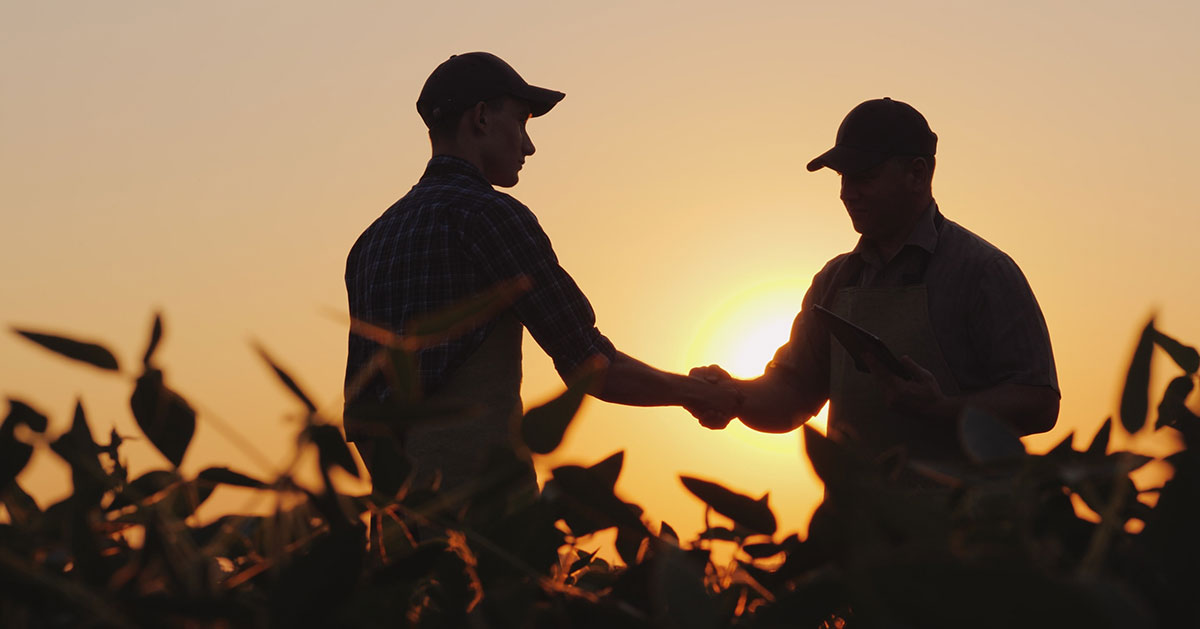Owning rural property or a farm is more than a business—it’s a way of life. Whether you’re raising crops, tending livestock, or simply enjoying the open space, your land is a legacy for your family. But with that freedom comes responsibility, and protecting your property legally is just as important as caring for it physically. As an attorney who has worked with family-owned farms and rural landowners for decades, I’ve seen firsthand how thoughtful legal planning can prevent headaches, disputes, and financial loss.
In this blog, I’ll walk through key legal considerations for rural property owners, focusing on practical steps you can take to safeguard your land and your family’s investment.
Understand Your Property Rights
The first step in protecting your land is knowing exactly what you own. Rural property often comes with unique features, such as easements, mineral rights, and water rights. Each of these can affect how you use your land, and understanding them prevents misunderstandings with neighbors, developers, or government agencies.
- Easements: These give others limited access to your land, such as utility companies or adjacent landowners. It’s important to know where easements exist so you can protect your privacy and prevent accidental violations.
- Mineral Rights: In some cases, someone else may own the rights to minerals beneath your land. Confirming ownership can prevent future disputes if drilling or extraction is proposed.
- Water Rights: Access to water for irrigation or livestock is critical for farms. Make sure your rights are properly documented and legally enforceable.
Having a survey conducted and keeping thorough records can clarify your property boundaries and protect your rights in case of a dispute.
Liability and Safety on Your Property
Rural property comes with risks, and landowners can be held liable if someone is injured on their land. This is particularly relevant for farms that welcome visitors, host events, or employ workers.
Some steps to reduce liability include:
- Posting clear signs around hazards like ponds, equipment, or uneven terrain.
- Maintaining safe conditions on driveways, roads, and trails.
- Ensuring workers are properly trained and following safety protocols.
Farm liability insurance is essential. It can cover accidents involving visitors, employees, and even animals. While no insurance replaces vigilance, it provides peace of mind and a financial safety net if accidents occur.
Zoning and Land Use Regulations
Many rural areas have zoning and land-use rules that govern what can be done on your property. These rules affect everything from building a barn to subdividing land for future development. Ignoring zoning laws can result in fines, forced removal of structures, or legal battles.
Before making changes, always check with your local planning office to understand:
- Building codes and setbacks
- Permits required for agricultural structures
- Restrictions on commercial activity or livestock operations
Being proactive with zoning compliance prevents future problems and ensures your property remains a productive and legally sound asset.
Protecting Your Farm from Disputes
Family farms and rural properties often face disputes—sometimes from neighboring landowners, sometimes from family members. Common issues include property line disagreements, shared water or road use, and succession planning.
Legal tools that help prevent disputes include:
- Boundary agreements or surveys to clarify property lines.
- Written agreements for shared resources like roads, wells, or equipment.
- Estate planning and succession documents to outline ownership transfers and prevent conflicts among heirs.
Clear communication and formal agreements may feel unnecessary at first, but they’re invaluable in preventing misunderstandings that could escalate into costly legal battles.
Environmental and Conservation Considerations
Rural property often includes sensitive ecosystems or farmland subject to conservation programs. Understanding environmental laws and conservation easements is critical for compliance and protection.
For example:
- Wetlands and protected areas may have restrictions on construction or farming practices.
- Conservation easements can provide tax benefits while ensuring land remains undeveloped, but they limit certain uses.
- Pesticide and fertilizer regulations must be followed to avoid fines or liability.
Consulting with an attorney familiar with agricultural and environmental law ensures that your property remains productive while staying within legal boundaries.
Planning for the Future
Protecting your property isn’t just about today—it’s about securing your legacy for future generations. Succession planning, estate planning, and legal documentation can help transfer your farm or rural property smoothly to your heirs.
Consider:
- Wills and trusts to clearly designate heirs and avoid probate disputes.
- Buy-sell agreements if multiple family members are involved in farm operations.
- Life insurance or funding mechanisms to cover potential taxes and facilitate transfer of assets.
Taking these steps early ensures that your hard work and investment in the land continue to benefit your family long after you’re done managing it.
Final Thoughts
Owning rural property or a family farm is both a privilege and a responsibility. The freedom of open land comes with legal and financial considerations that must be addressed to protect your investment, your family, and your legacy. From understanding property rights to liability, zoning, and succession planning, a proactive approach can prevent disputes, safeguard your assets, and preserve the land for generations to come.
As someone who has guided families through these challenges, I’ve seen how proper legal planning transforms worry into confidence. Take the time now to protect your rural property—not just for your own peace of mind, but for the generations who will follow in your footsteps.
